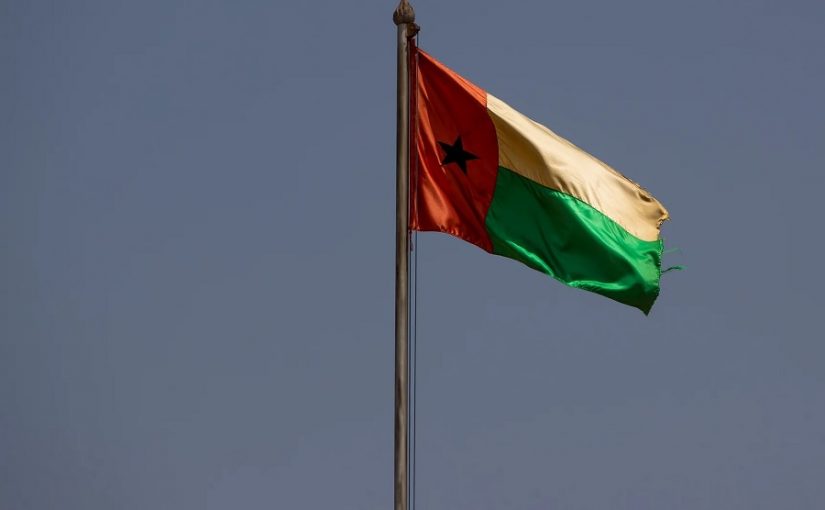Brazil's finance minister sees growing support for Mercosur-EU deal
Guinea-Bissau: State-runTGB TV, RDN Radio black out as employees forced to leave by military

File photo: Lusa
Guinea-Bissau’s state-run television and radio stations were occupied on Monday by “heavily armed military personnel” and employees were expelled from the premises, media sources told Lusa.
The situation occurred after the country’s president announced the dissolution of parliament, made this morning by Umaro Sissoco Embaló himself and formalised in a presidential decree.
A source from Televisão da Guiné-Bissau (TGB) told Lusa that “at around 2pm”, ” pick-up vans with heavily armed and hooded soldiers arrived at the premises”.
The source specified that “they asked for the director-general, who was asked for the keys to his office and cars” and that he was told to “get out”.
He also said that “the director-general handed over the keys and left”, having also been told to “collect the other car keys, which he handed over to the military”.
According to the reports, “a few moments later, the military ordered the TGB broadcast to be switched on, but without the director on the premises, who had left for his home in the meantime”.
At the moment of wiring on Monday, TGB was broadcasting, but only with music.
An identical situation was reported to Lusa by a source at the National Radio Station (RDN Guinea Bissau), where “when the news was on air, a group of armed soldiers entered the radio station”.
“They asked us to stop the programme and we did. They ordered us to leave the radio station and we did,” said the source, adding that the employees were told that “the radio station will close until further notice”.
The president of Guinea-Bissau, Umaro Sissoco Embaló, decided yesterday to dissolve parliament following the clashes between security forces on Thursday and Friday, which he considered to be a coup d’état.
The country’s president took the decision after a meeting of the Council of State.
READ: Guinea-Bissau’s president issues a decree dissolving the opposition-controlled parliament
Sissoco Embaló considered it “a coup d’état” that the National Guard had removed the minister of finance, Suleimane Seidi, and the secretary of state for the treasury, António Monteiro, from the cells of the Judicial Police on Thursday night.
Following this act, armed clashes broke out between the National Guard and the Presidency battalion, which were resolved with the intervention of the Military Police and resulted in the arrest of the commander of the National Guard, Vitor Tchongo.
Immediately after the country’s president’s announcement, there was a strong military presence on the streets of Bissau.
The speaker of the country’s parliament, Domingos Simões Pereira, called the head of state’s decision “a constitutional coup d’état”, given that only half a year has passed since the last parliamentary elections and that the law stipulates that parliament can only be dissolved one year after the elections.
The parliamentary leader made these comments on his way out of the parliament after the internal institutions advised him to end the plenary session that was taking place and that he himself wanted to continue.
Domingos Simões Pereira, who was heading out of the building, said that he considered the decision to dissolve parliament, under the current circumstances, “a subversion of the Constitution”.













Leave a Reply
Be the First to Comment!
You must be logged in to post a comment.
You must be logged in to post a comment.